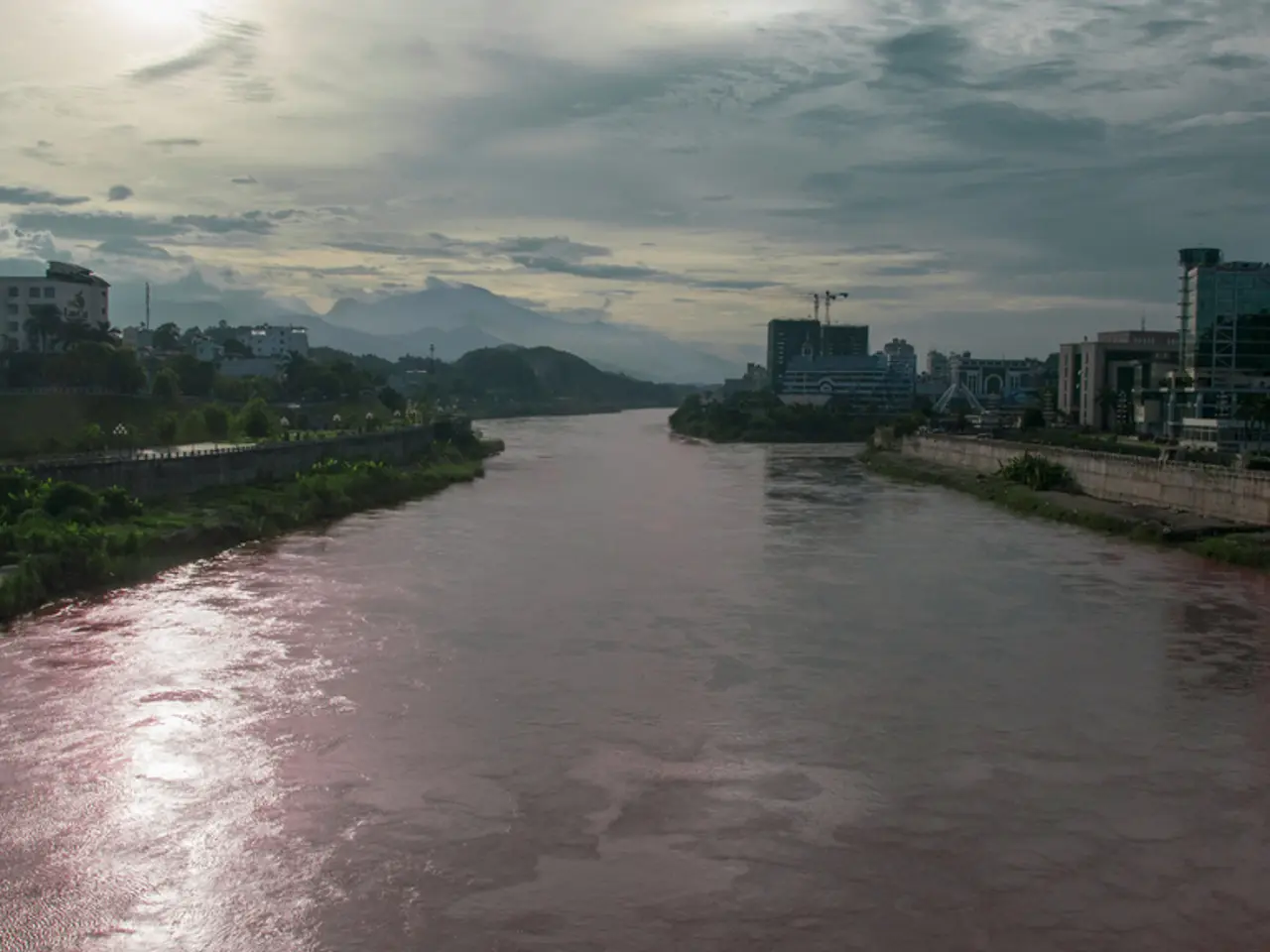South Africa's Drought and Floods Spur Nature-Based Water Solutions
South Africa, one of the driest countries globally with annual rainfall of 464 mm, faces severe water challenges. Cape Town nearly ran out of water in 2018 due to drought, with Day Zero looming. Meanwhile, eThekwini Municipality experienced devastating floods in 2022, highlighting the need for resilient water management.
Less than 9% of South Africa's rainfall reaches rivers, and less than 5% recharges groundwater aquifers. Invasive plant species exacerbate the problem, using about 4% of the country's water annually. Nature-based solutions, such as removing these plants and restoring catchment areas, offer cheaper and more eco-friendly alternatives to engineered methods.
The Greater Cape Town Water Fund has cleared nearly 63,000 hectares of invasive alien plants, freeing over 17 billion liters of water each year. This initiative has significantly improved water resilience in the region. Similarly, eThekwini's Transformative Riverine Management Programme (TRMP) aims to align communities, government, and businesses around protecting and restoring urban rivers. The TRMP has built a solid business case, showing that every dollar spent on riverine resilience could generate between 1.8 and 3.4 times its value in broader benefits.
High evaporation rates in South Africa sometimes exceed average annual rainfall, further compounding the water crisis. Cape Town's near-water crisis in 2018 served as a wake-up call, with Day Zero approaching as reservoirs neared emptying. The devastating floods in eThekwini in 2022, which claimed over 400 lives and caused over $1.5 billion in damages, underscored the urgent need for comprehensive water management strategies.
Nature-based solutions, such as those implemented in Cape Town and proposed in eThekwini, are crucial for South Africa's water resilience. These methods not only conserve water but also generate significant environmental, social, and economic benefits. As one of the driest countries in the world, South Africa must prioritize innovative, eco-friendly water management strategies to mitigate future crises.
Read also:
- Experiencing Life's Variety Firsthand: Gaining Insights from Life's Broad Spectrum of Experiences
- Impact of Complex Post-Traumatic Stress Disorder on Romantic Relationships: Symptoms, Causes, and Precautions
- Strategies for Keeping Work Reasonable and Rewarding for those with Autism and ADHD
- Impaired Driving Awareness Campaign Announced by MADD Under the Name "End Herre"








